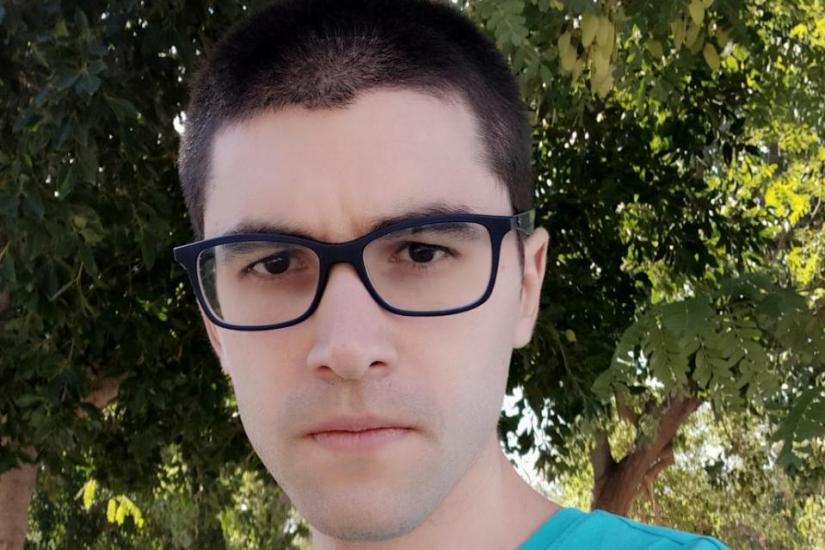
Please register for this event under the link provided on the right. We will send the link to registered attendees 1 hour before the event starts.
ABSTRACT / Binary-state models on complex networks are built as a simplified theoretical construction to analyze the dynamics of a system made of interacting individuals. The individuals that compose these systems are assumed to hold a binary state, whose interpretation depends on the context of the model, that evolves in time following a determined set of rules. Typical examples that can be studied using this tool include: epidemic spreading (the two options being infected or susceptible to the illness), language competition (speaking language A or language B), opinion dynamics (supporting option A or option B), financial markets (selling or buying state of a broker), among many others. Usually, these models display a phase transition where a change of the macroscopic behavior is expected, for example: from healthy to endemic phases in epidemic spreading or from coexistence to consensus in opinion dynamics. The characterization of these transitions and an understanding of how and when they emerge is one of the main goals of the models, and it can be carried out using some tools of statistical mechanics.
We explore the role of each of the more relevant ingredients that define the dynamical rules of the models, specifically: non-linear state copying mechanisms and the effect of network structure in the interactions. We will show that tuning the shape of the non-linear copying mechanism, we can study the behavior of the individuals in different social scenarios. This includes, for example, the effect of group conformity, or algorithmic bias in an online social platform.
BIO / Antonio is a postdoctoral researcher at the Department of Network and Data Science, with a background in Physics and Complex Systems. More specifically, his expertise is in the fields of statistical physics, stochastic processes, phase transitions and complex networks. Antonio's work focuses on the theoretical description of agent-based binary-state models to take into account the different ingredients that define their dynamical rules.